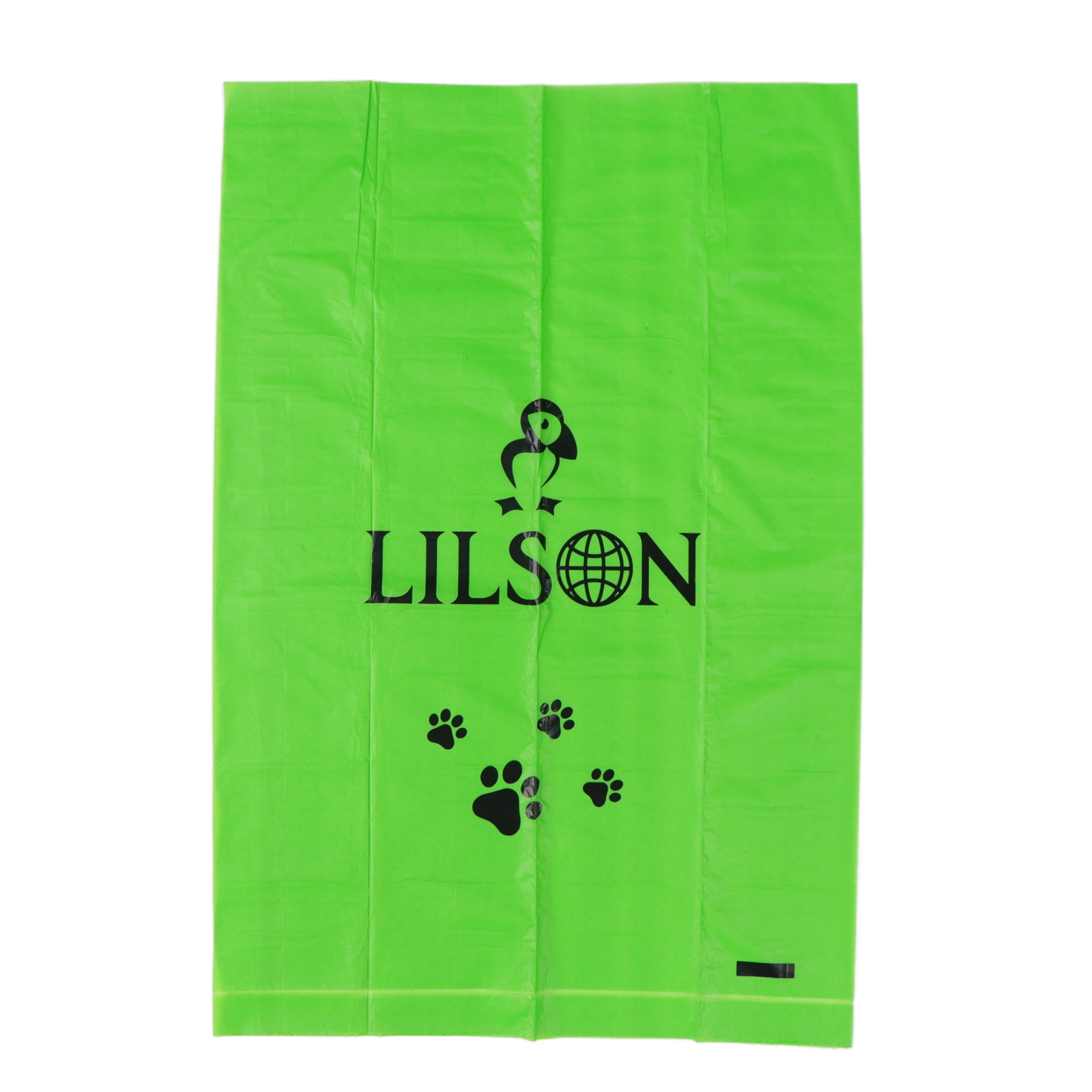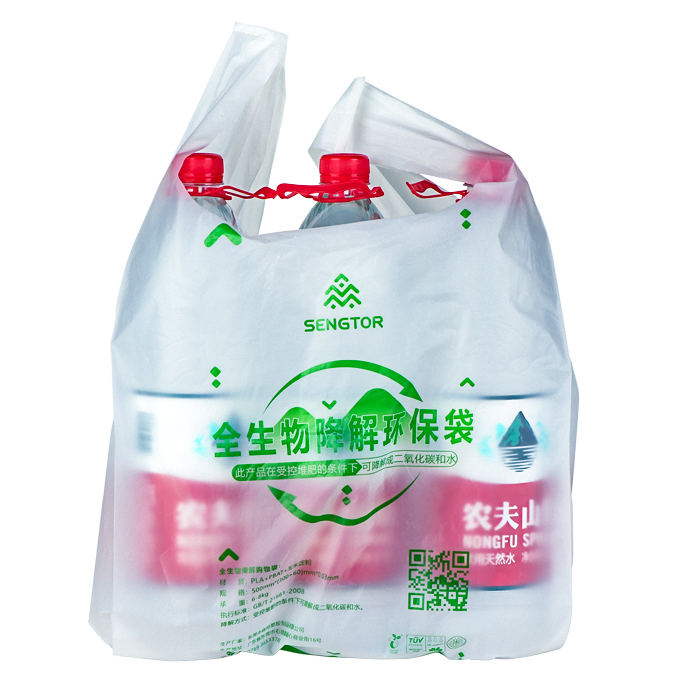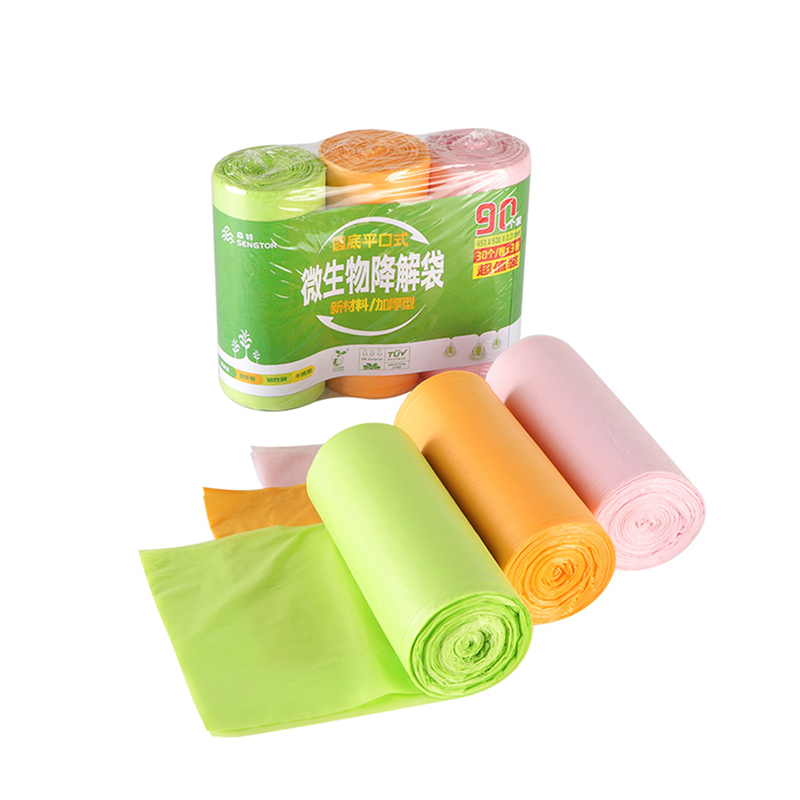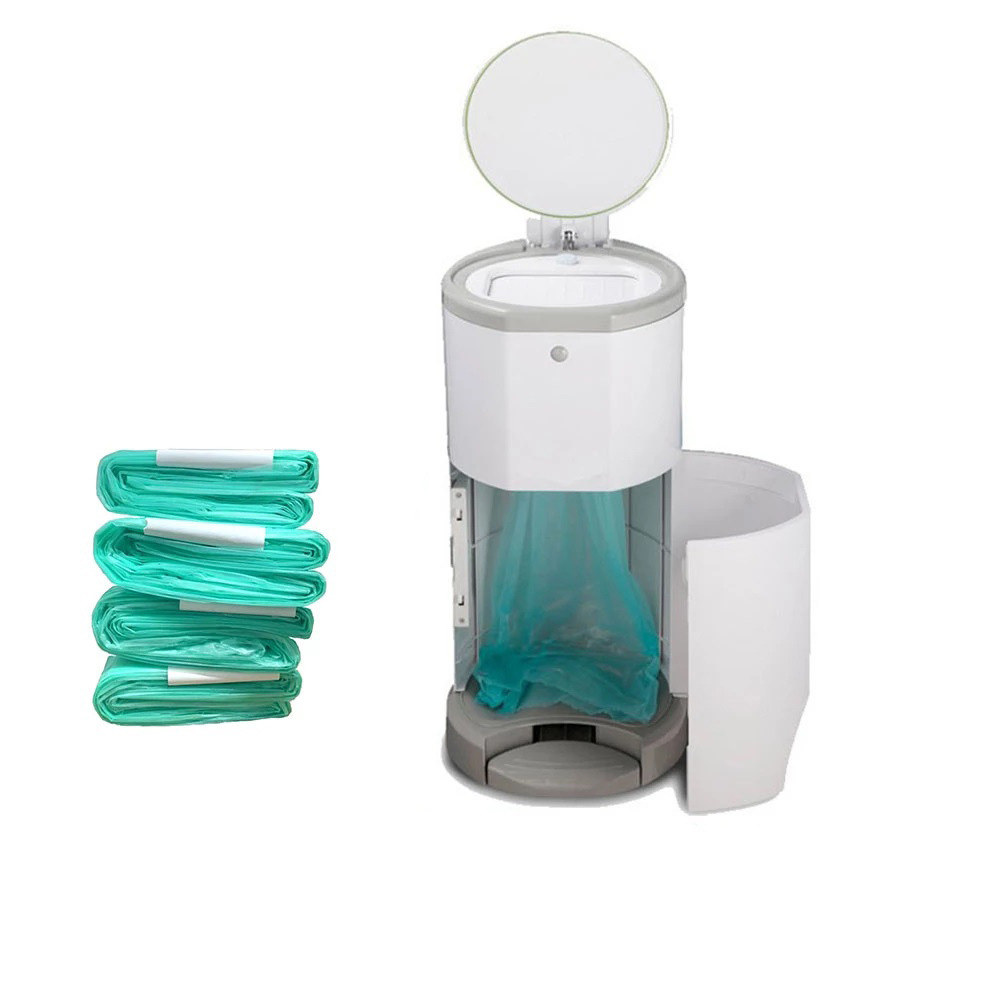Company News
On 30 November, the European Commission adopted the first part of its long-awaited second circular economy package, which includes a policy framework for biobased, biodegradable and compostable plastics and a new Packaging and Packaging Waste Regulation (PPWR). The European Bioplastics (EUBP) welcomed the new rules covering packaging and bioplastics.
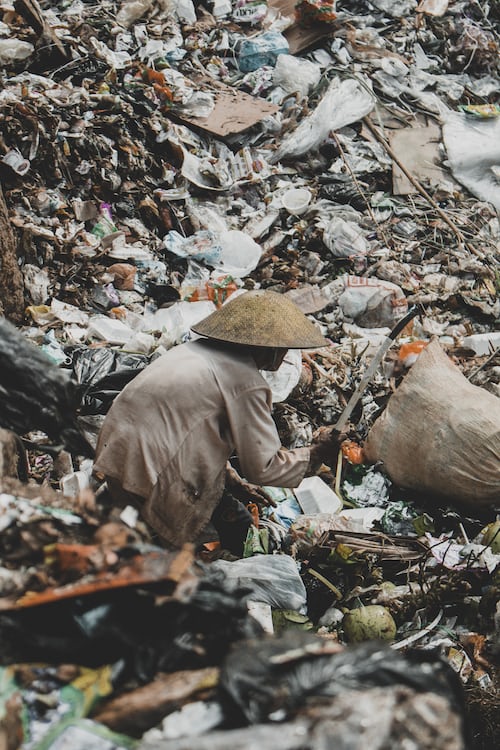
The industry appreciates the European Commission's first comprehensive policy framework on innovative bioplastic materials as it recognises their potential to provide real environmental benefits. "EUBP particularly commends the Committee for recognising the important role of compostable plastic packaging in the proposed packaging rules to meet ambitious waste and climate targets. However, we would have expected stronger support for the use of biological feedstocks, "commented Hasso von Pogrell, managing director of EUOil, following the presentation of the proposal by European Commission Vice President Timmermans and Commissioner Sinkevicius at a press conference on the afternoon of November 30.

The bioplastics industry is particularly relieved to see that the initial proposed partial ban on compostable plastic packaging has finally been lifted and that compostable packaging solutions will continue to be allowed to be sold and recycled in the EU. The PPWR proposal acknowledges the contribution of compostable plastics in increasing the quantity and quality of biowaste collected separately and reducing pollution from the (organic) waste stream. It is taking a first step in the right direction by making several packaging applications mandatory compostable in industrial composting facilities, including tea bags, filter coffee bags and MATS, fruit stickers and very lightweight plastic shopping bags.
However, the recommendations have also drawn criticism from the bioplastics industry: "Unfortunately, there are still some persistent misconceptions in communication documents on the policy framework for biobased, biodegradable and compostable plastics regarding land use, the methods used to assess environmental benefits, the alleged risk of cross-contamination of waste streams and biodegradability in different environments," von Pogrell said. All these misconceptions have prevented the European Commission from fully embracing the shift to bio-based products that would allow Europe to reduce its dependence on fossil resources and meet its ambitious climate and cycling targets.

Therefore, the proposal for new packaging rules still needs to be improved. Notably, PPWR failed to promote biobase and recycling on an equal basis through its objectives. This will help ensure the availability of feedstock, meet targets for recovered content and meet stringent requirements for access to sensitive materials. The industry says the priority given to recycled ingredients and mechanical recycling is not enough to replace the EU's reliance on fossil resources or stop the current trend towards excessive packaging and excessive waste in the EU.
"We call on EU policymakers to show more ambition and a clear vision in their political support for bio-based and compostable plastics, by improving and further clarifying the proposal, which aims to decisively support innovation in the area of sustainable materials and packaging solutions and ensure that investment, jobs and innovation stay in Europe", von Pogrell said of the upcoming ordinary legislative process.
EUBP will continue to provide evidence and expertise to ensure that the potential and advantages of bioplastics in the transition to a climate-neutral circular economy are fully recognised.

